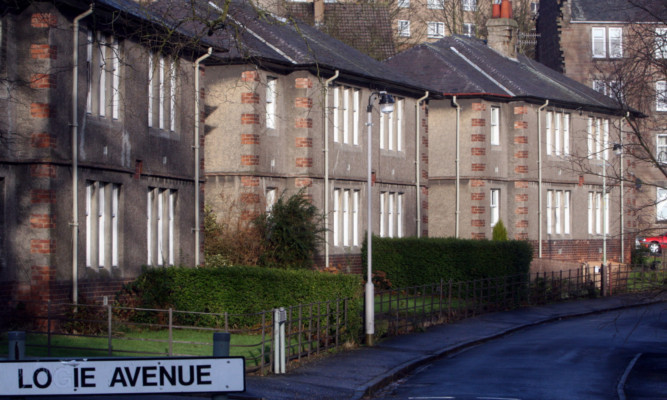A heating system that has provided warmth to a Dundee housing estate for almost a century could be copied across the city to save on emissions.
The Logie housing estate in Dundee was one of the first in Europe to have a district heating system when it was built just after the First World War.
Dundee City Council has now met Danish specialists to hear more about the benefits of district heating to reduce carbon emissions and fuel poverty.
The delegation from the District Energy Partnership in Denmark is sharing expertise in the development of modern district heating systems with housing associations and the Scottish Government.
District heating is a system for distributing heat generated in a central location for houses and commercial premises. The plants can be more efficient and offer better pollution control than localised boilers.
It claims to be one of the cheapest methods of cutting carbon emissions and has one of the lowest carbon footprints of all fossil generation plants.
In the Scandinavian country, it become mainstream following the impact of the oil crisis on fuel prices in the seventies. The Danish delegation paid a return visit, after welcoming guests from Scotland to Denmark last November.
The district heating system in Copenhagen is one of the largest city-wide district heating systems in the world, with a transmission network of 160 km and 60 million square metres of heated floor area.
The Scottish Government wants more district heating to achieve its ambitious energy targets, with an aim for 11% of Scotland’s heat to be provided by renewables by 2020.
Morten Jordt Duedahl of the District Energy Partnership said: “The technical part of district energy is fully tested. It’s a done deal and the expertise and know-how is readily accessible.
“What remains is a lack of understanding and knowledge about how exactly and in what ways district energy benefits societies.
“It is important that Scotland begins a process towards discovering more energy efficient models for heating in order to reach its targeted CO2 emissions for 2050.
“District heating has helped Denmark maintain its energy consumption and lower its CO2 emission levels in the past 40 years.”
David Stewart, policy manager for the Scottish Federation of Housing Associations, said: “Fuel poverty and climate change are huge issues for housing associations.
“District heating schemes provide a potential solution by providing a more affordable and efficient way to distribute heat.
“While a number of schemes have been developed by housing associations, including Cube and West Highland, with more in the pipeline, district heating is a relatively new and unusual technology in Scotland.”
Meeting Morten was, he said, a great opportunity for the federation and its members to exchange ideas and to learn from Denmark.
